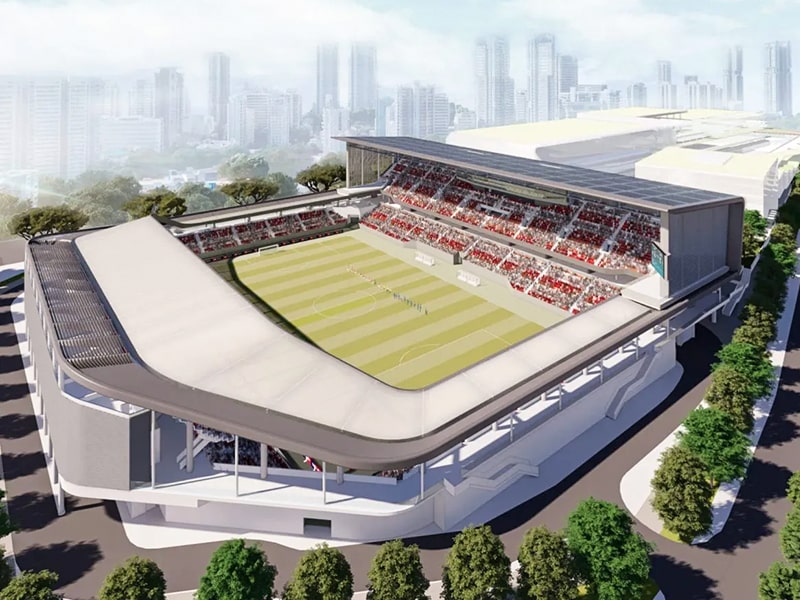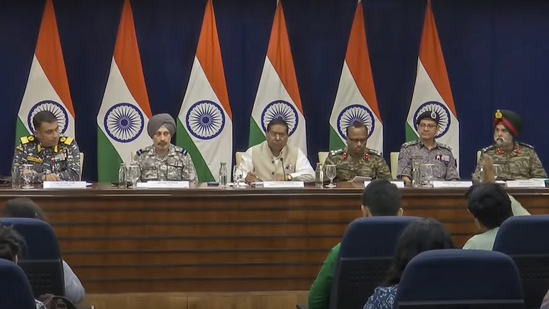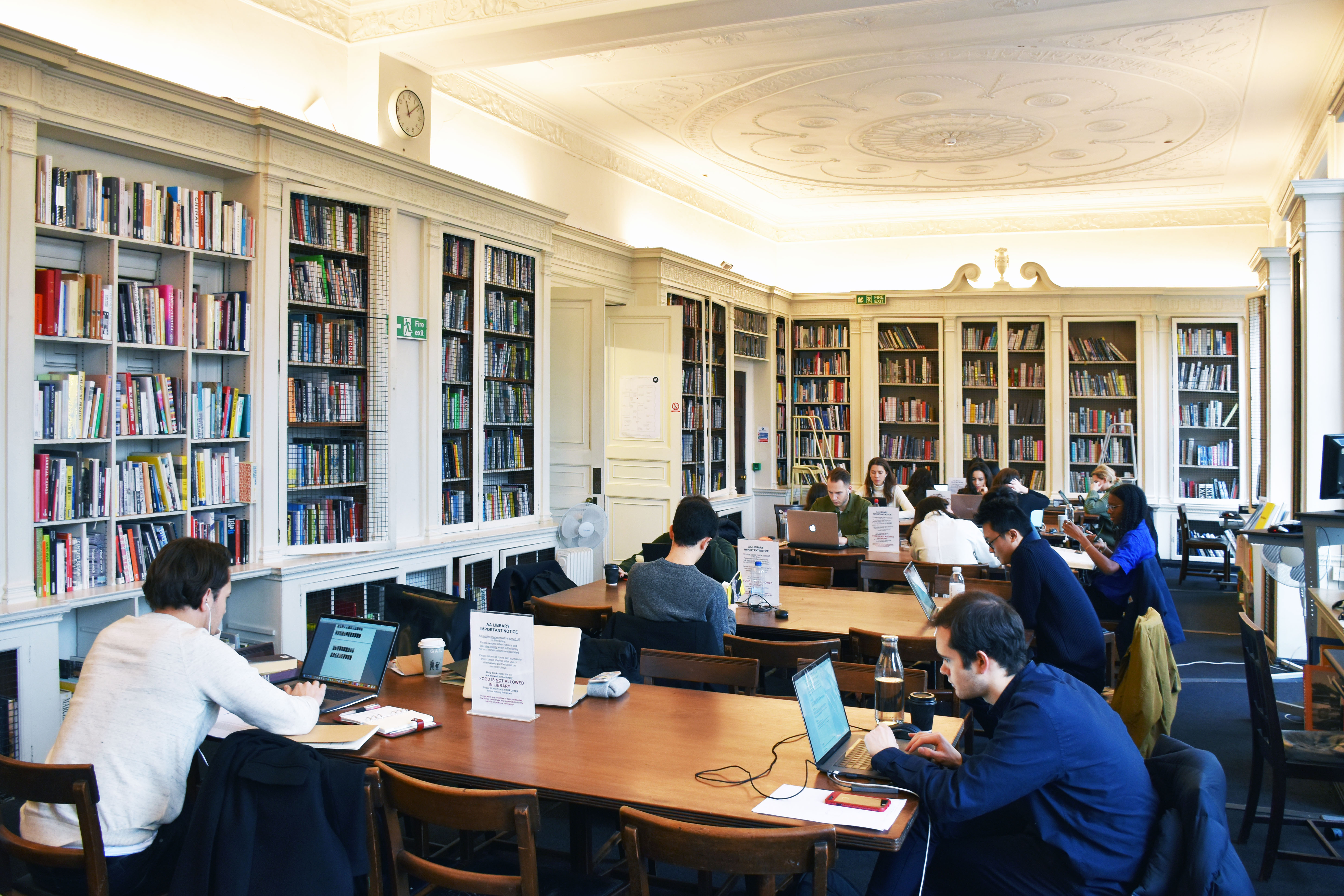Victory Ground Turns Battleground: Residents Protest BBMP Stadium Project
In what many are calling a “black day for Indiranagar”, the Karnataka government and the Bruhat Bengaluru Mahanagara Palike (BBMP) broke ground on a controversial stadium project at Victory Ground in Bengaluru’s Indiranagar. While officials touted the project as a move toward promoting organized sports, hundreds of residents protested the event, claiming it marked the loss of the only accessible open space in the neighborhood.
The Indiranagar stadium protest was not only about losing a basketball court — it was about the broader erosion of democratic participation, transparency, and access to public land, according to several resident welfare associations.
The Project: BBMP’s Plan for a Closed Stadium
The BBMP stadium project will see the construction of an enclosed facility, replacing the open basketball court currently operated by the Indiranagar Basketball Club (IBBC). The club, while privately managed, has historically allowed community access, particularly for coaching camps.
Attending the ceremony were high-profile guests including:
- K Govindaraj, Political Secretary to the Karnataka Chief Minister and MLC
- B Dayanand, Bengaluru City Police Commissioner
- Snehal R, BBMP East Zonal Commissioner
Notably, Govindaraj also serves as President of both the Karnataka State Basketball Association and the Karnataka Olympics Association — a fact that residents claim points to a conflict of interest.
Conflicting Claims: What BBMP Officials Say
While residents claim they were kept in the dark about the project, Snehal R had previously denied knowledge of any imminent construction during a community meeting. Her subsequent presence at the groundbreaking ceremony has further angered locals.
From BBMP’s perspective, the stadium is part of a larger urban sports infrastructure push, aimed at fostering state-level athletes and enhancing facilities.
An unnamed BBMP official said, “The new stadium will bring professional sports infrastructure to the area and help nurture young talent. It’s a long-term investment for the state.”
However, critics argue this doesn’t justify the loss of open, democratic spaces, especially in an area already starved of public grounds.
Local Impact: Who Loses Access?
Residents are particularly concerned about:
- Restricted entry to the enclosed stadium
- Loss of informal playing space for local kids
- Increased commercialization of a public resource
- Exclusion of marginalized groups who rely on free-to-use areas
What was once a freely accessible open court is likely to become a gated facility — something residents fear will deter community use.
Legal & Civic Concerns
The project is being built on a Civic Amenity (CA) site, meant for community-oriented facilities. Residents argue that building an exclusive or semi-private stadium violates the spirit, if not the letter, of zoning and planning regulations.
Urban activists have hinted at taking legal steps, possibly petitioning the Karnataka High Court to stay the construction until proper consultation with stakeholders is held.
What’s Next? Protest or Pause?
The Victory Ground controversy has turned into a flashpoint for urban development and civic rights in Bengaluru. Residents are planning further protests, filing RTIs for clarity on land-use permissions, and reaching out to media to spread awareness.
As of now, the BBMP remains firm in moving ahead with the construction, but pressure is mounting. The coming weeks will be crucial in determining whether the stadium stands — or the voice of the residents prevails.










